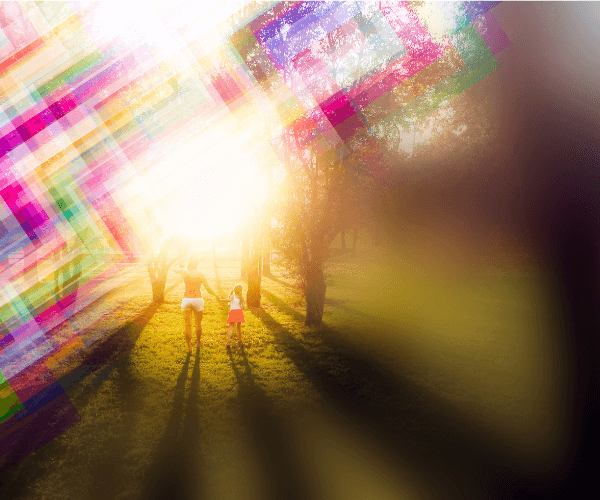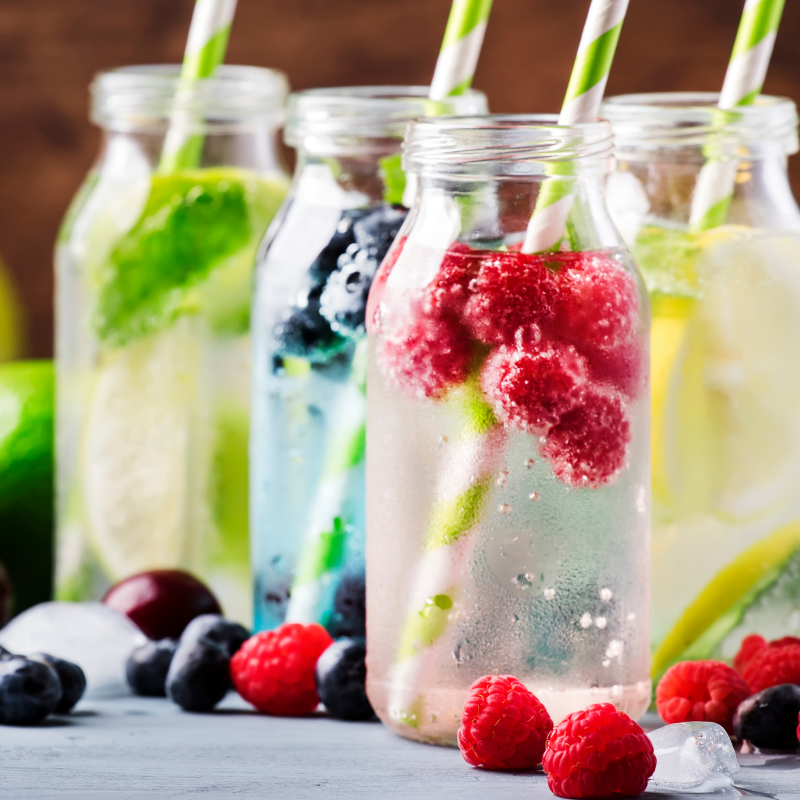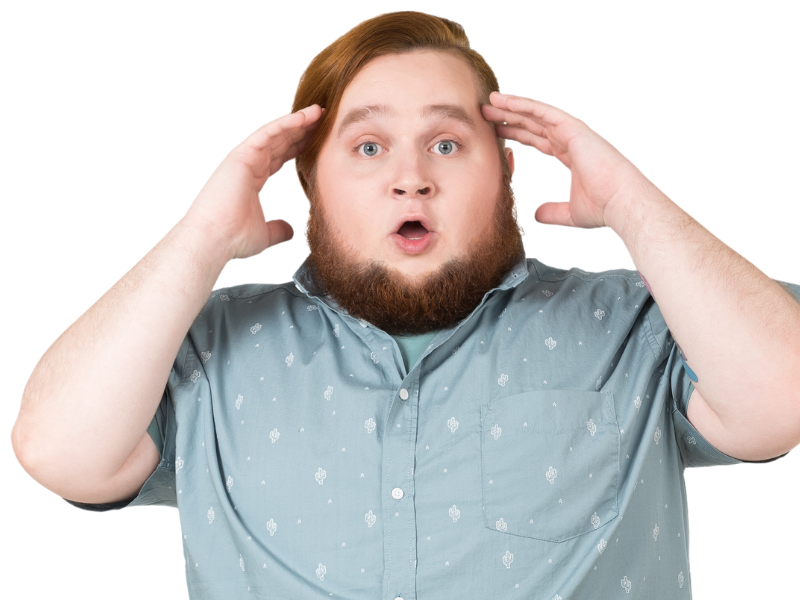A lot of what we know about sleep today has only been investigated in the last 30 years or so, and much of this research has proven that a good night’s sleep isn’t a luxury; it’s a necessity. As demonstrated by devastating events caused or influenced by sleep deprivation, like the Challenger explosion in 1986 or the Exxon-Valdez spill in 1989, not getting enough sleep can have serious consequences, both for individuals and for societies.
So, because sleep is so important for our health and wellbeing – it’s one of the four pillars of healthy living, together with exercise, good nutrition, and relaxation – we have compiled a list of the 30 most fascinating, intriguing, and insightful research-backed facts and statistics about this fantastic nighttime habit of ours.

Sleep Facts and Statistics
- Humans spend one-third of their lives sleeping.
- Americans sleep 6.8 hours daily on average.
- 35 percent of Americans don’t get the recommended seven hours of sleep each night.
- Lack of sleep is linked to several chronic conditions, like type 2 diabetes, depression, obesity, and heart disease.
- Falling asleep should take you 10 to 20 minutes. If it takes you less than five minutes to fall asleep, chances are you are sleep deprived.
- 50-70 million US adults have a diagnosed sleep disorder
- In a nation-wide sleep survey, nearly 38 percent of respondents reported unintentionally falling asleep during the day at least once during the previous month.
- Driving while sleepy or drowsy is similar to driving under the influence of alcohol. In fact, going 16 hours without sleep is the equivalent (reaction times, ability to sustain attention, awareness of hazards) of driving with a blood alcohol concentration of 0.08%, the US legal limit.
- According to the National Highway Traffic Safety Administration, there are about 100,000 police-reported car crashes every year that involve drowsy driving.
- People are three times more likely to be involved in a traffic accident if they are fatigued.
- Disrupted sleep is the most common sleep problem, with short-term sleepless issues reported by about 30 percent of US adults.
- Snoring is the number one cause of sleep disruption for about 90 million Americans.
- The percentage of disrupted sleep instances increases with age, with 50 to 70 percent of older adults reporting difficulties sleeping at night.
- 97 percent of teenagers don’t get the recommended amount of sleep.
- Three-quarters of those who suffer from depression also experience sleeping difficulties.
- Sleep deprivation decreases pain tolerance.
- Humans are the only mammals that put off sleep purposely.
- 75 percent of people dream in color nowadays. Before the invention of color television, only 15 percent did.
- Studies have shown promising effects in the use of melatonin to shorten the time it takes to fall asleep and reduce the number of awakenings during the night.
- People who don’t get enough sleep tend to be hungrier. That is because sleep deprivation affects leptin (an appetite-regulating hormone) production.
- Regular exercise can help improve sleep patterns. Exercising before bed, however, may make it harder to fall asleep.
- The average person has 4-6 dreams every night.
- You can only dream of faces you have already seen.
- We forget 50 percent of our dreams within the first five minutes of waking up.
- You can’t “catch up” on sleep. Studies show that sleeping in during weekends to compensate for lost sleep decreases reaction time and ability to focus.
- Blue light (from your phone, computer, etc.) suppresses melatonin’s secretion, making it harder to fall asleep.
- Beauty sleep is real! Sleep regenerates your skin cells and promotes healing from environmental damage (UV rays, oxidative stress, dirt, etc.)
- Humans usually experience peak tiredness at two times in a 24-hours period: 2:00 am and 2:00 pm.
- Some research shows that people are more likely to sleep better during a new moon and worse during a full moon, though the reasons are still unclear.
- Somniphobia is the fear of falling asleep.
IMPORTANT FACT: There are natural ingredients that have been clinically proven to promote deep restorative sleep.


